Tesla Tests EVs in Freezing Cold at “Secure Facility” in Alaska
They company had never let a journalist visit the facility — until now.
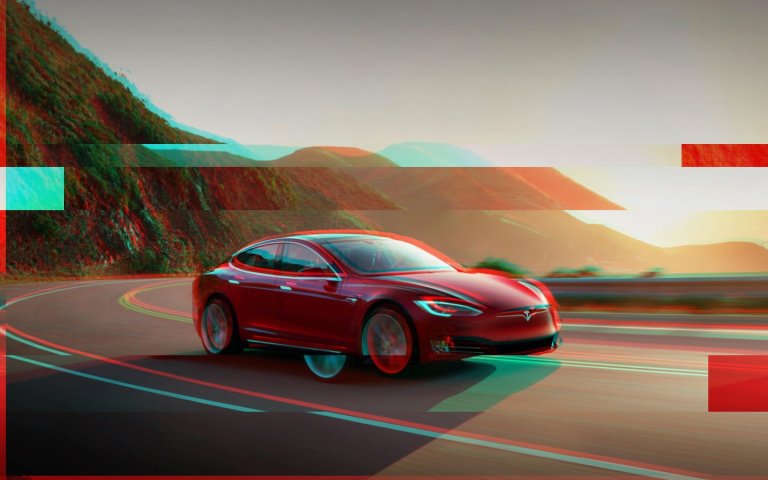
They company had never let a journalist visit the facility — until now.

A bizarre theory could explain dark matter.
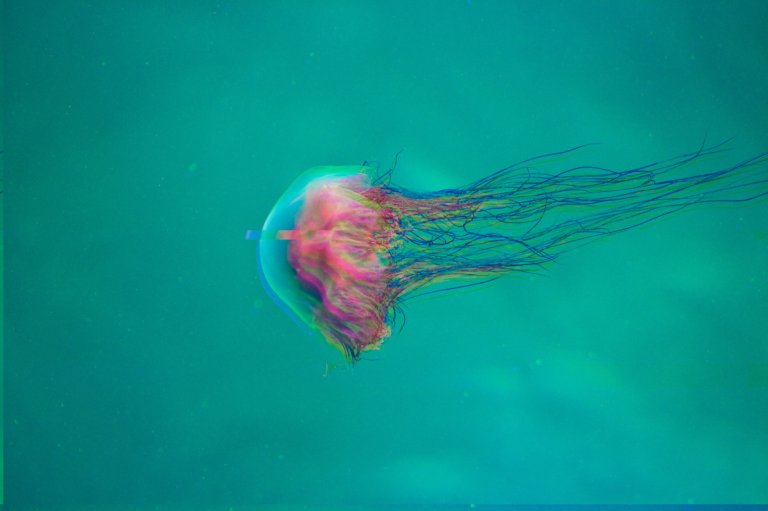
The slimy villains are even shutting down power plants.
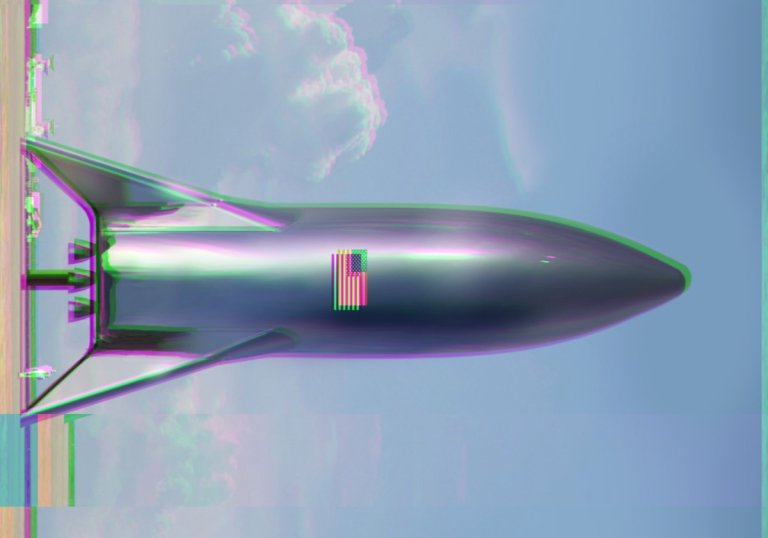
The Starship is a key part of Musk's vision for interplanetary transportation.
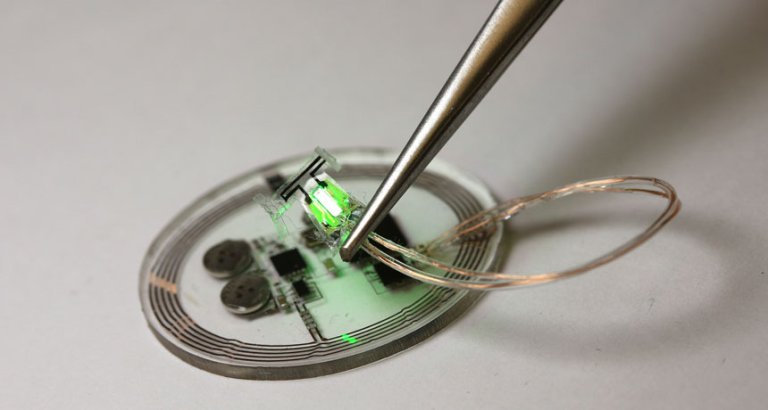
The device could offer relief to millions of people.
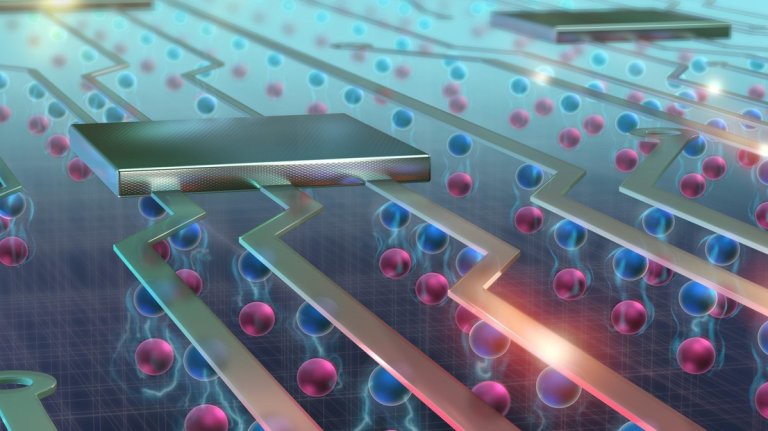
“We are witnessing the emergence of a totally new field of study."
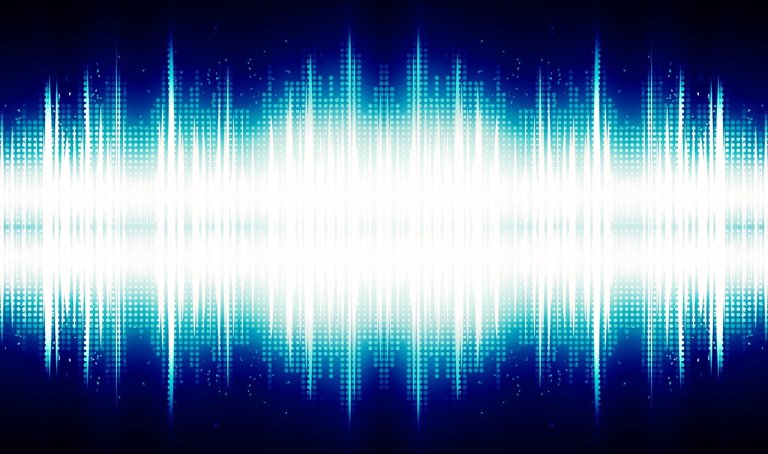
The company wants you to chat with Cortana in public.

This tech-focused business is tackling the problems that plague humanity

CubeSats with lasers could guide our gaze into the cosmos.
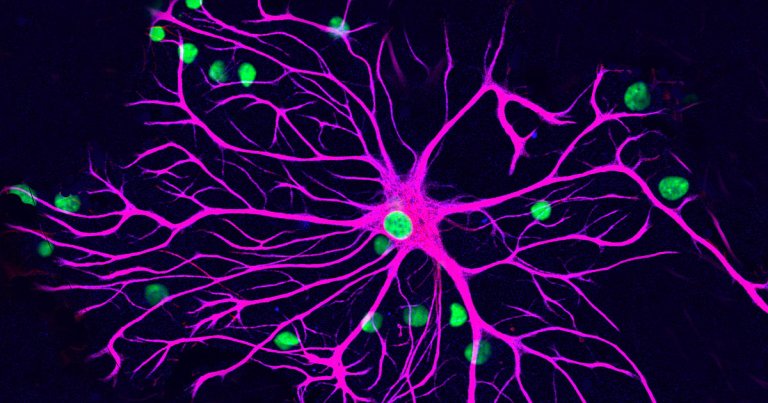
One of our body's natural defenses could help end the often-debilitating disease.
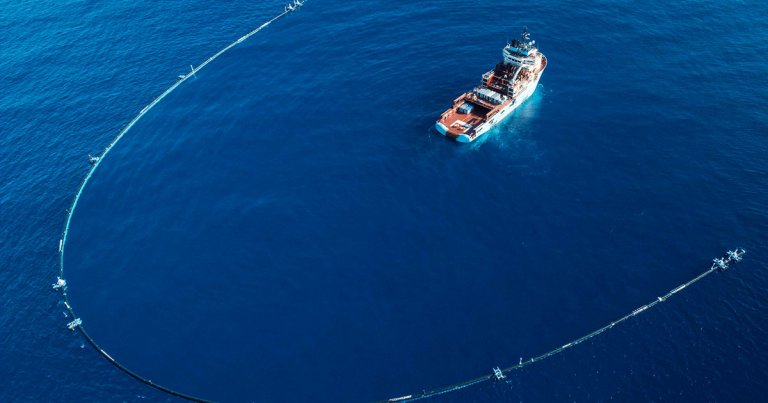
The Ocean Cleanup Project is having a bad month.
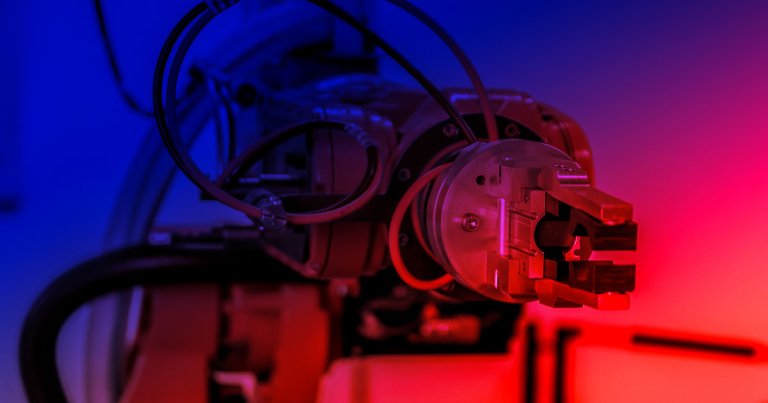
"This fear is not supported by the evidence so far.”
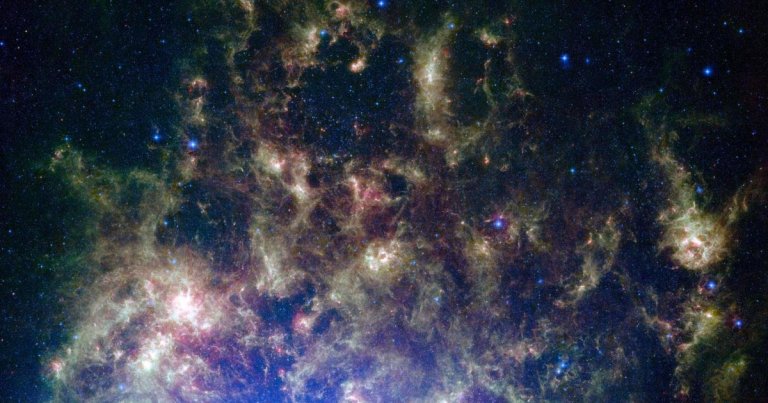
The collision "could knock us out of the Milky Way."
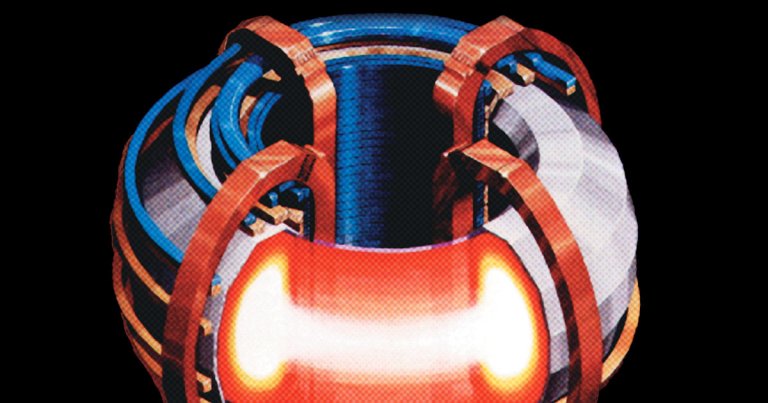
Companies chasing after the elusive technology hope to build reactors by 2030.
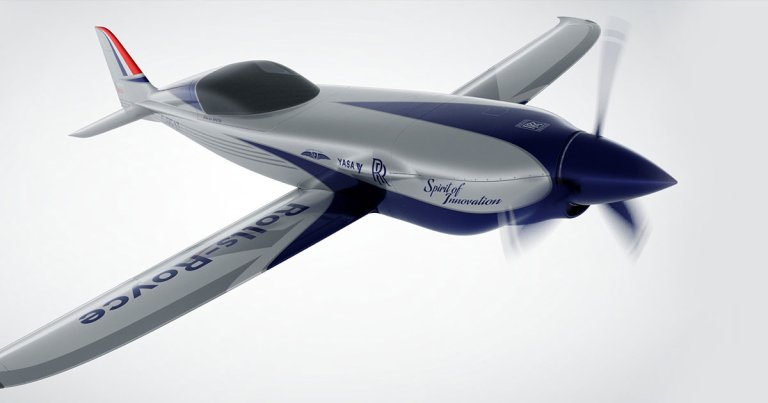
ACCEL is set to go wheels up in 2020.
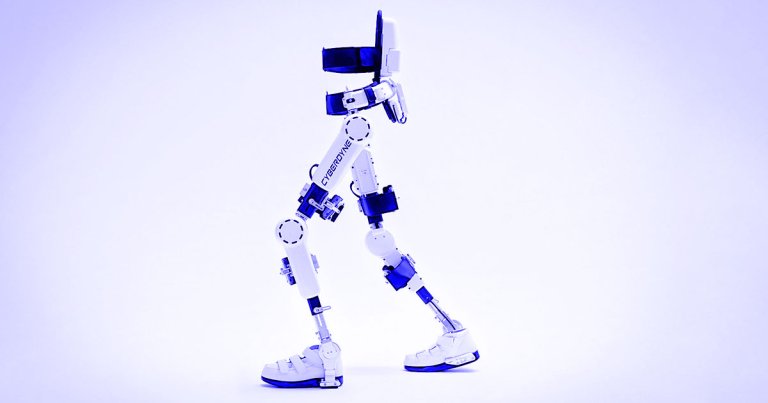
Cyberdyne's HAL exoskeleton is about to arrive at five more hospitals.
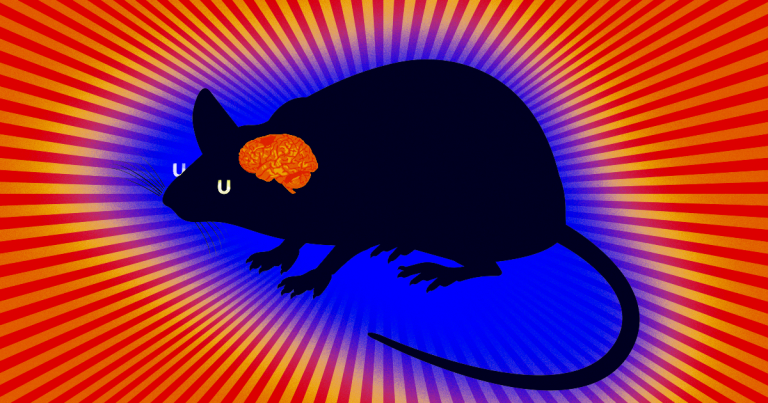
Drugs could clear out the dormant cells, reducing anxious behaviors.